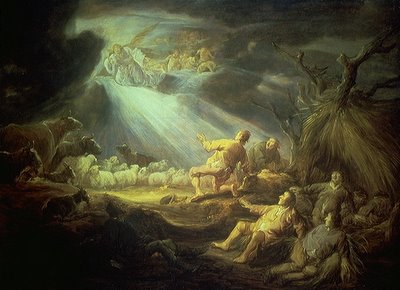Where my generation had to start at 1066 and advance through the centuries, children doing the national curriculum now have no idea how the periods they study relate to each other. By the time they get to university, even to study history, they may have a detailed knowledge of the second world war but only the haziest idea about the 1930s or the cold war.
Younger children jump from studying the Tudors to learning about the Nazis; they have no idea what happened in between. They no longer learn who all the kings and queens were; they believe that Britain had slavery until recently, and despite the imaginative approach of getting them to write about themselves as a Victorian orphan or a victim of Jack the Ripper, little grasp of how these grew out of what had passed before or affected what happened later…
As the boom in history books and biographies shows, there is a great hunger for learning more about history. It may be that adults are compensating for what they didn’t learn at school, but I fear this impulse, which is so crucial to our sense of ourselves as a nation, will not be transmitted to the next generation unless the way they are taught is radically improved.
Taken from Amanda Craig's article in The Sunday Times, "Standing up For Patriotism". On the same subject, see the article from the Telegraph "My book was just too British" about the reaction to George Courtauld's recent guide to Britain’s key historical facts.
"Since the past has ceased to throw its light upon the future, the mind of man wanders in obscurity." Alexis de Tocqueville
“People will not look forward to posterity who never look back to their ancestors.” Edmund Burke.
“Just as a loss of memory in an individual is a psychiatric defect, calling for medical treatment, so to any community which has no social memory is suffering from a dire illness unto death.” John Briggs
"He who forgets his own history is doomed to repeat it." Common aphorism
“If we don’t know our own history then we simply have to endure all of the same mistakes and all of the same sacrifices and all of the same absurdities over again times ten.” Alexander Solzhenitsyn
“Shall Your wonders be known in the dark? And Your righteousness in the land of forgetfulness?” Ps. 88:12
“The past is given to those in the present to keep and guard those in the future, that lessons learned and obstacles overcome might contribute to the gospel’s assent and subvert the ready temptation’s lure.” Alfred the Great




